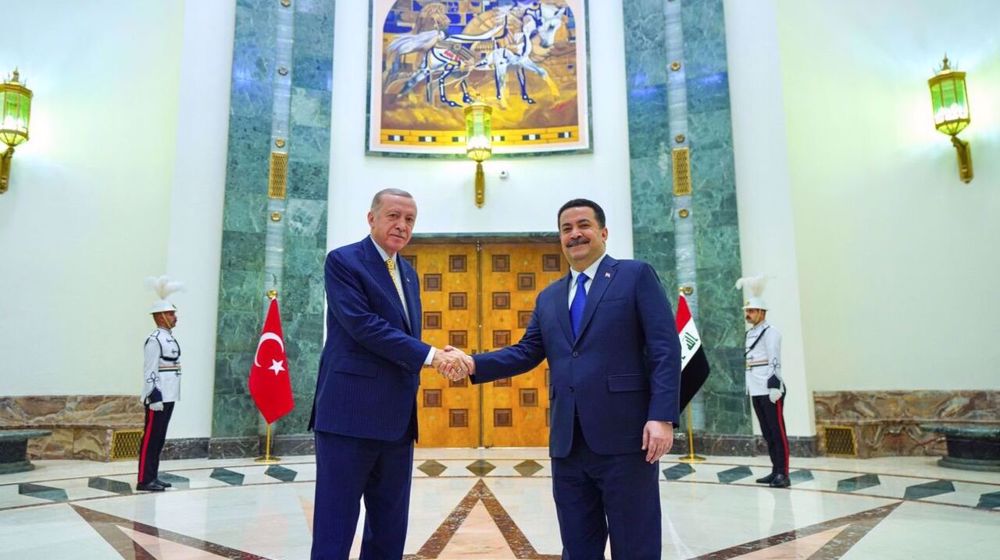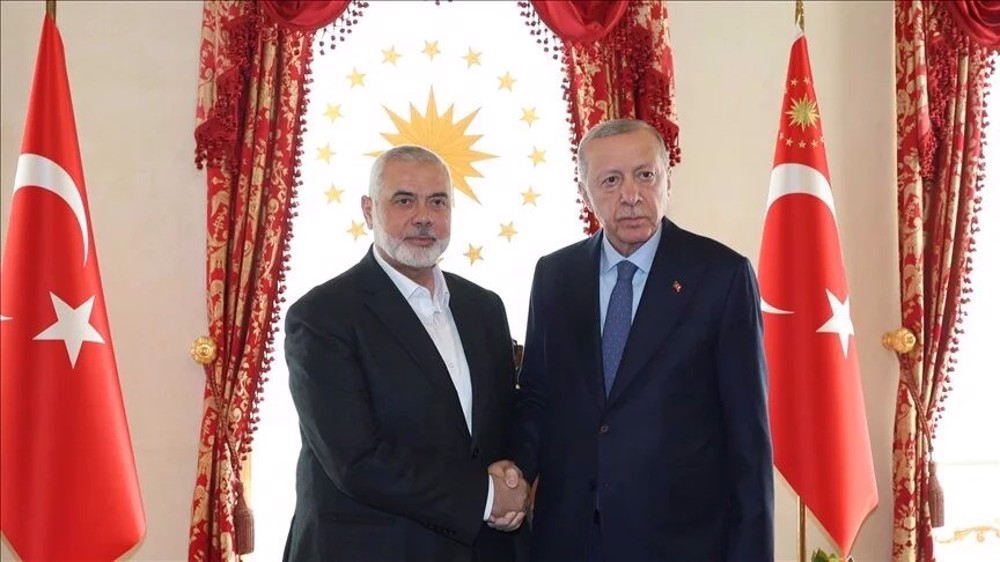Turkish interior minister resigns after attacks, coup attempt
Turkish Interior Minister Efkan Ala has quit his post in the wake of apparent intelligence failures and public criticism over a string of militant attacks as well as the failed July 15 coup attempt.
Prime Minister Binali Yildirim announced the resignation in a brief statement broadcast on Turkish television channels, without providing any reason for the decision.
The announcement followed an unscheduled meeting between President Recep Tayyip Erdogan and Yildirim at the presidential palace in the capital city of Ankara on Wednesday evening.

Turkish Labor and Social Security Minister Suleyman Soylu swiftly filled the Interior Ministry portfolio. The new labor minister was named as Mehmet Muezzinoglu, who is a deputy chairman of Erdogan's ruling AK Party.
Ala was in charge of the interior ministry during the botched putsch, as well as the ensuing crackdown against officials and ordinary people suspected of affiliation to the movement of US-based opposition cleric Fethullah Gulen, whom the Ankara government accuses of having masterminded the coup attempt.
During his tenure, Turkey also witnessed multiple attacks from both Kurdish PKK militants as well as Takfiri Daesh terrorists.
A senior Turkish official said Ala’s “inability to meet expectations in some areas, primarily security,” together with some of the appointments he had made while in post had raised concerns.
“Erdogan expects a much more effective fight against Fethullah Gulen organization,” the official said, adding that “Soylu is one of the names Erdogan trusts the most.”

Last month, the Turkish president told Reuters that there had been clear intelligence failures in preventing the failed coup attempt.
A faction of the Turkish military declared itself in charge of the country on the night of July 15. Renegade military personnel made use of battle tanks and helicopters to fight loyalists to the incumbent government in Ankara and Istanbul.
The coup attempt was suppressed as people turned out on the streets to support Erdogan and his ruling Justice and Development Party.
At least 246 people were killed and more than 2,100 others sustained injuries in the coup attempt.
Gulen has condemned the coup attempt and denied any involvement in the violence.
In addition, Turkish military forces have been conducting ground and aerial operations against PKK positions in Turkey’s troubled southeastern border region as well as Iraq’s semi-autonomous Kurdistan region over the past few months.

Last week, the Turkish air force and special ground forces launched the so-called Operation Euphrates Shield in an attempt to purge Turkey’s border with Syria of Daesh militants and Kurdish forces.
The offensive was launched in coordination with the US-led military coalition purportedly fighting Daesh since 2014.
Iran: Awakened world public opinion determined to stop Israel war crimes
US House speaker wants National Guard to quell pro-Palestine student protests
Iran, Russia sign MoU to strengthen security cooperation
VIDEO | Iran marks defeat of US military operation in Tabas Desert
VIDEO | Press TV's news headlines
US troopers crack down on pro-Palestinian protests at University of Texas
VIDEO | German warship departs Red Sea as EU 'naval mission' fails
VIDEO | Palestinians inspect rubble of destroyed building in Rafah


















 This makes it easy to access the Press TV website
This makes it easy to access the Press TV website